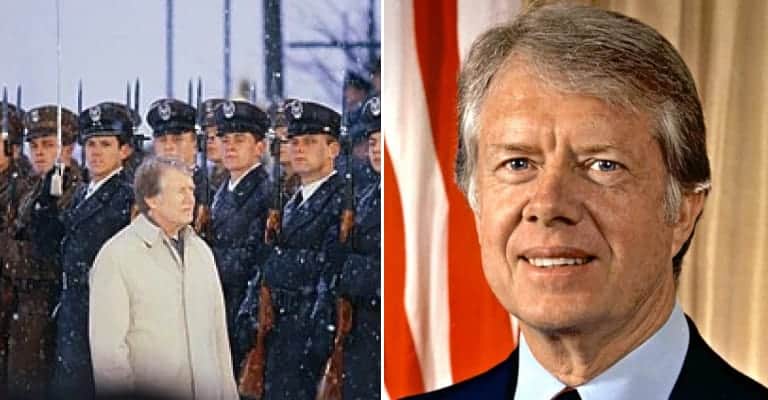Despite the high stakes of statecraft and the lofty reverence political leaders are sometimes held in, it is important to remember, as Marcus Aurelius repeatedly reminded himself: “Remember yourself mortal”. Our political leaders are simply human, prone to error and mistakes just like the ordinary person. Sometimes these missteps take the form of gaffes, “when a politician tells the truth – some obvious truth he isn’t supposed to say”. On other occasions, these mistakes proved more devastating misjudgments with lasting and potentially fatal consequences.
Here are 17 of some of the funniest and worst diplomatic screw-ups throughout history:

17. In 1960, Nikita Khrushchev started banging and waving his shoe at the United Nations in protest
During the 902nd Plenary Meeting of the United Nations General Assembly, held in New York in 1960, a remarkable incident occurred on October 12: Nikita Khrushchev, the First Secretary of the Communist Party of the Soviet Union and one of the most powerful men in the world, waving and banging his shoe. Taking place mid-way through a speech by Lorenzo Sumulong, head of the Filipino delegation, Sumulong initiated a lengthy diatribe and condemnation of the USSR, claiming that “the peoples of Eastern Europe and elsewhere which have been deprived of the free exercise of their civil and political rights and which have been swallowed up, so to speak, by the Soviet Union”.
In response, Khrushchev allegedly pounded his fists on his desk and demanded a Point of Order. Brushing Sumulong aside, Khrushchev raced to the podium at the front of the assembly, whereupon he began his own theatrical rant against Sumulong, branding him “a jerk, a stooge, and a lackey” in addition to serving as a “toady of American imperialism”. In the course of his own diatribe, demanding, unsuccessfully, Sumulong be removed from the assembly, at one point during his provocative outburst Khrushchev supposedly picked up his shoe and started banging the rostrum with it. With the session rapidly descending into anarchy, including the intercessions of Romanian Foreign Vice-Minister Eduard Mezincescu in an aggressive attack on Sumulong before his microphone was deactivated, Assembly President Frederick Boland declared that the meeting was terminated. He slammed his gravel down with such force, Boland actually broke off the head which went soaring across the room. The incident would have longer-term repercussions, with the image of Khrushchev irreparably damaged by his bizarre outburst. In 1964, after being removed as the leader of the Soviet Union, propaganda publications lambasted him for the “shameful episode that he still presents as an act of valor”.

